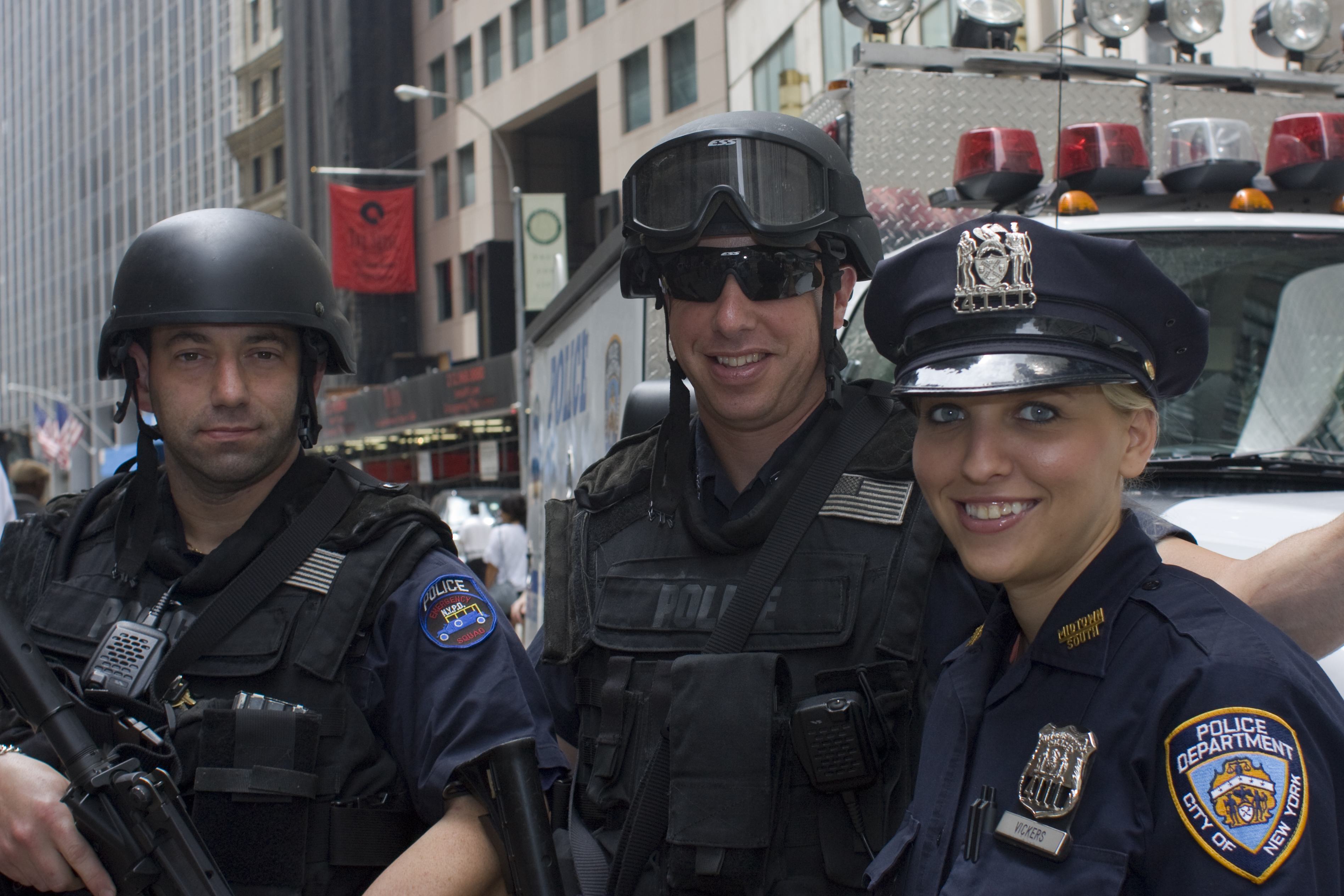
[in_content_ad]
Have you really thought this through? Have you thought about what it really takes to become a police officer? Do you really think you can do the job? Trust me, law enforcement as a career is not for everyone. Not everyone that starts out makes it to retirement.
This job is hard on some people. Some make it. Some don’t. It’s just the nature of the job. As you have probably heard from other places I’m sure, this quote is very appropriate for Law Enforcement, “with great power comes great responsibility”.
There is no greater responsibility than taking care of your fellow man and protecting those that cannot protect themselves. This is an occupation that sometimes calls for taking a human life on a split second decision and you alone are the one making it. That is one of the greatest responsibilities you can have in this world. Guard it with care.
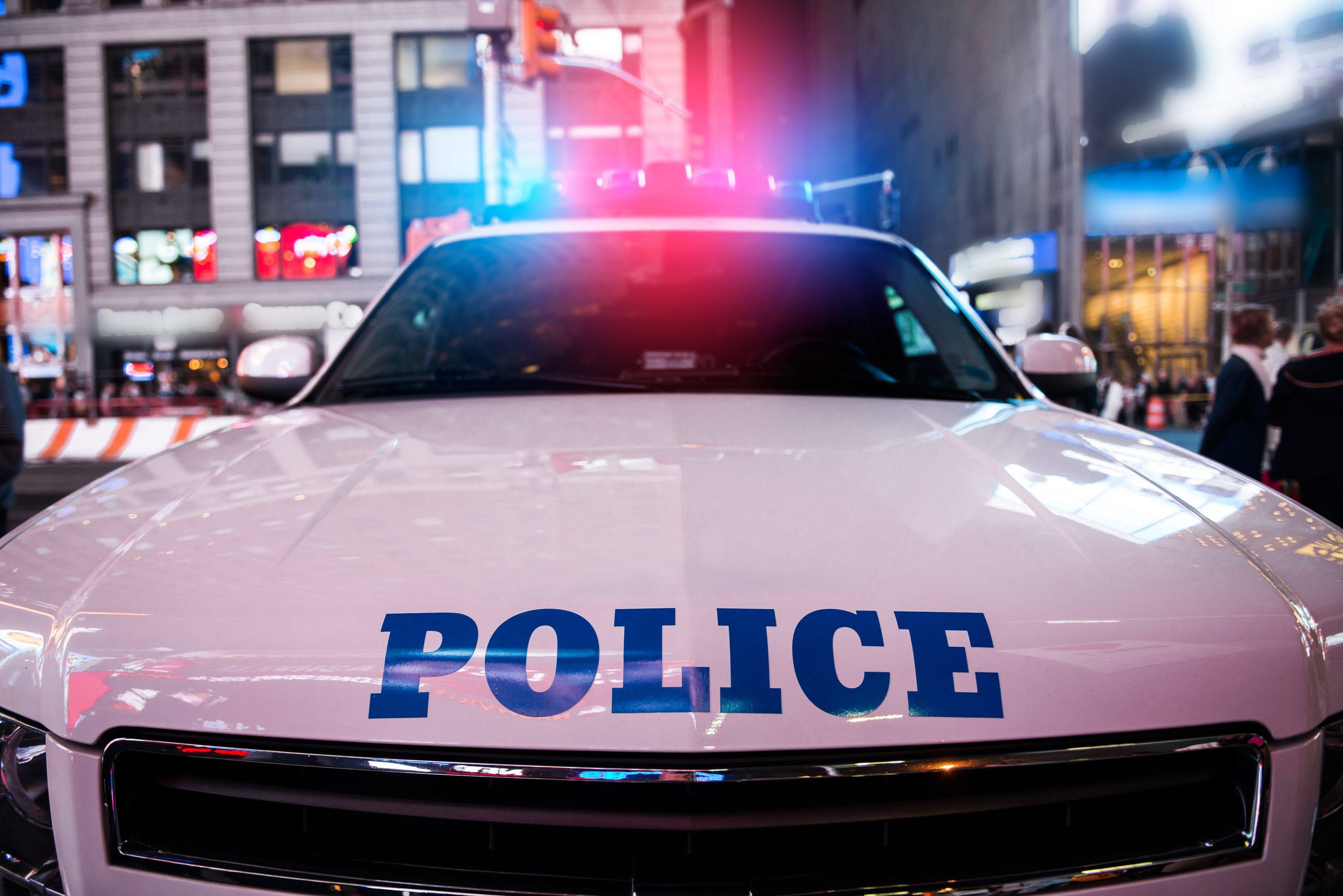
[in_content_ad]
So you may be asking why listen to this guy? What makes him think he can tell me about being a cop? Well I am and have been a cop (Police Officer) in Florida going on 33 years now.
I have served in both small and large agencies (3 and a break for serving in the U.S. Army). I have served in many different units, Narcotics (where I was involved in my first shooting), Patrol, Traffic, DUI Task Force, Dive Rescue Team, Traffic Homicide Investigation, Training Unit, Academy Staff, and now my current position (for the last 20 years) Police Academy Trainer (and Police Commander up until Dec 6th, 2010).
I teach and travel a lot, teaching all over the world. I have been as far away as Singapore to teach their police officers. I am currently the Police Academy Coordinator at a major North Florida Institute of Public Safety.
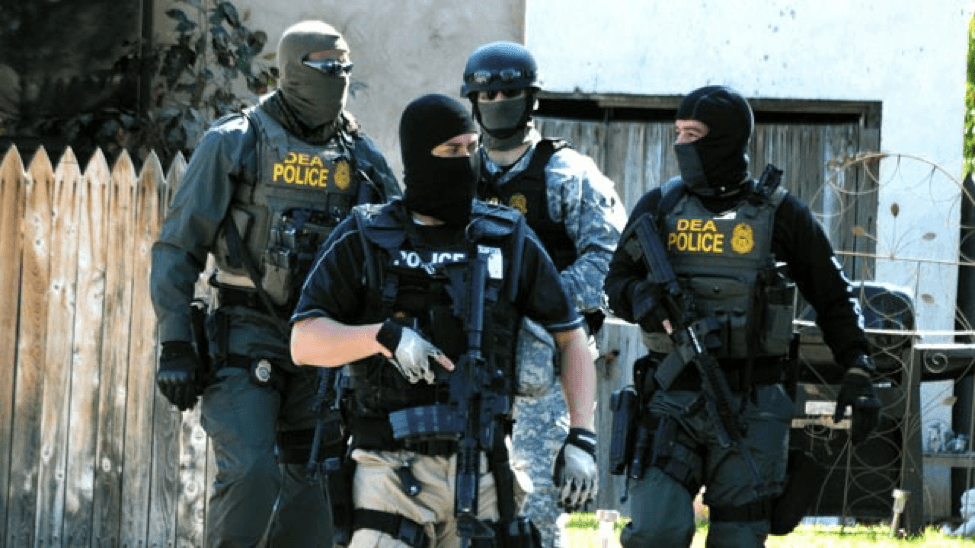
[in_content_ad_ora]
What type of police work are you looking at? Federal? State? County? How about city police? There are scores of different types of police agencies out there. Some with very specific tasks like ICE (Immigration and Customs Enforcement) DEA (Drug Enforcement Agency), ATF (Alcohol, Tobacco, Firearms) and so on.These federal agencies all have a very specific task.
Then you have the “full service” type of agencies like the FBI, State, County and local police. Those agencies do all types of policing. The United States is unique in that we do not really have a “national” police force as much as leaving that job up to the local and state levels.
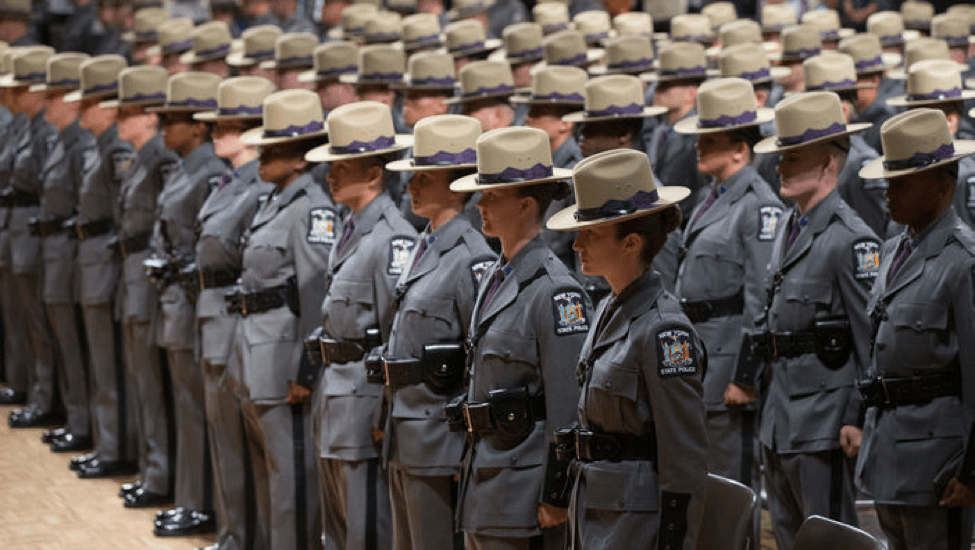
[in_content_ad]
Know your state requirements. Each state has different laws pertaining to what are the minimum requirements for someone to become a police officer. Some states require a person to be 21, others 18; some require only a high school diploma while others require a college degree.
Then there are the agency specific requirements. Some agencies have stricter requirements than others do. Some require that an applicant have a clean arrest record. Some allow for minor charges. Check with the state and particularly the agency you are wanting to apply to.
[in_content_ad_jw_player]
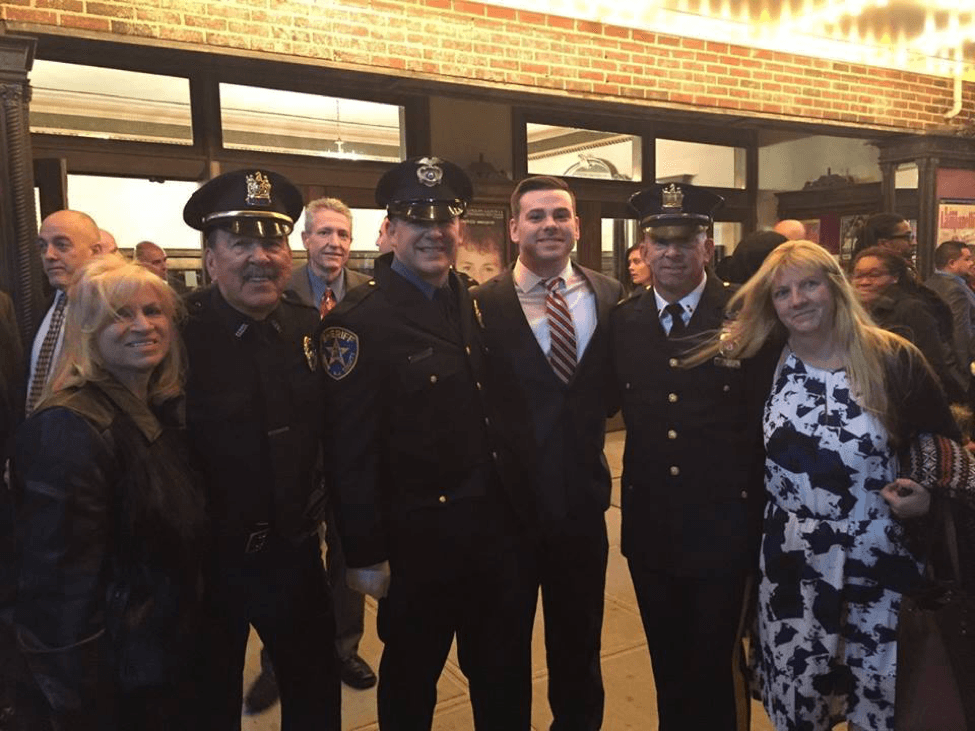
[in_content_ad]
OK, you’ve passed those requirements and have now decided to apply. First, you have to decide where you want to live and with that, what agencies are in that area. You should research the departments on the Internet and see where they are located, their size, and what kind of agency they are. Look at the benefits, retirement and other things that are offered to their officers.
You should also talk to a few of the patrol officers. Make sure you get a good overall picture of the department. Look the department up in the press. I am not saying that the news is a good view of the department, but a department that is constantly in the news because of officers being in trouble may need a second look before applying. You need to make that call. Just make sure you have all the information you can gather before sitting down with your family and talking this over.

[in_content_ad]
Applying: If you can’t apply online, go to the department and get an application or to the human resources section of the city or county wherever you are applying. It is recommended that males and females dress professionally and continue this practice every time you make contact with the department. Also, make sure you have taken out the purple hair coloring and all the face piercings. You need to look like you meet the appearance standards for the department or academy. Shave and make sure you look like you are going to a job interview. Remember, first impressions are very important.
Always remember, the impression you leave with the people in HR and those that see you going into and out of the department can be very important. I can tell you that the young man that sat in my orientation for the police academy with a bright orange Mohawk 6 inches tall left an impression with me. However, he showed up on the first day with a shaved head. That was a smart move.

[in_content_ad]
The Application: Be sure to fill it out completely and accurately. Leaving something off the application can get you disqualified. You will have to list everything it asks and they expect it to be complete. Sit down, make a list of all your past jobs, addresses, and schools to assist when filling it out. If you have a tough time remembering all your jobs, you may want to pay one of the on-line sites that do background checks on you to give you one on yourself. It will help to jog your memory, and give you an idea of the stuff that is out there on you. In addition, you can use your Social Security history to help. Visit the Social Security web site to assist with obtaining and employment history.
Make sure you type or print LEGIBLY! If they cannot read your application, it will be canned quickly. Misspelling, typos and other errors are also problems. If you have bad penmanship or problems writing then practice before filling it out. Follow the directions exactly as it says on the application.
Make sure you have all the requested documents attached and in order before you turn in your application, or it will just sit there until you do. If it says to get a driving history, get one and attach it. Failure to do so will earn your application a quick trip to the “hold and wait until they get their act together” pile.
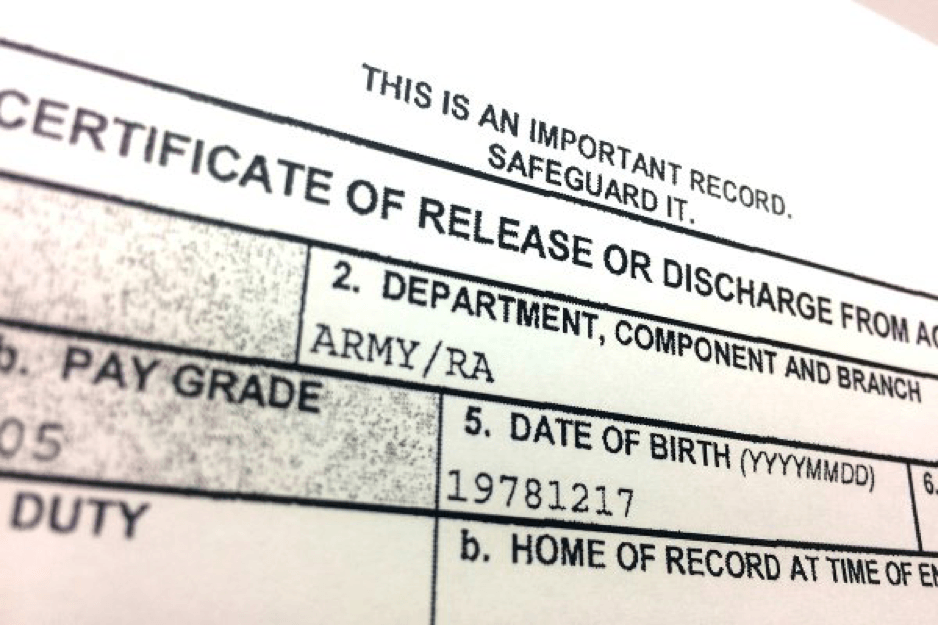
[in_content_ad]
One of the things that will disqualify you from becoming a police officer is a Dishonorable Discharge from the military. Now notice I did not say “Other than Honorable”. I said “Dishonorable”. I get that question a lot also. Police departments do not really care if you failed out of basic training because you hurt your toe. As long as it was not a dishonorable discharge, you should be OK in this area, as long as you have a valid explanation.
When in doubt you should ask the agency you are applying to if something in particular you are concerned about will disqualify you or not. It is much better to ask BEFORE you even apply to save yourself the time and money. Also, it will come out in the background investigation anyway if you try to hide something, and that of course is an immediate disqualification.
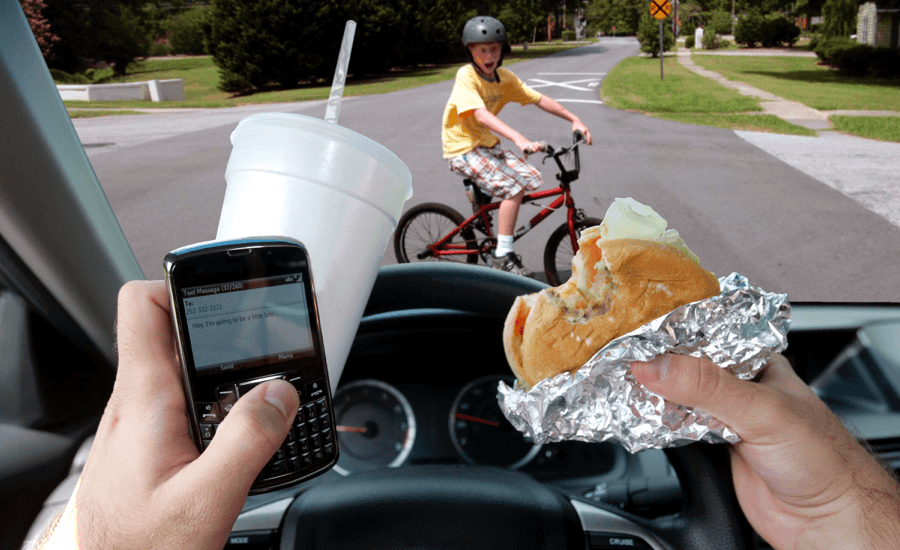
[in_content_ad]
Driving Record: Some of the things they check and look at negatively are having a bad driving record – I mean tickets for things like speeding, reckless or careless driving, running a red light, or other tickets that show a general disregard for safety. I saw a person post a question in an on-line forum and ask if they would qualify after having 8 tickets and being arrested twice for not paying tickets. What do you think?
Suspended licenses are usually a no go also. You should have a clear record for a period of time (3-5 years) before you bother to apply. Or at the very least make sure it is for a minor infraction such as a faulty taillight. Remember the agency has to trust you with a patrol car that at times will be driven in emergency mode. If for some reason you have an on the job motor vehicle accident during one of these emergency responses, those acting on your behalf may have a difficult time proving guilt or innocence for that matter, with a previous history of reckless driving.
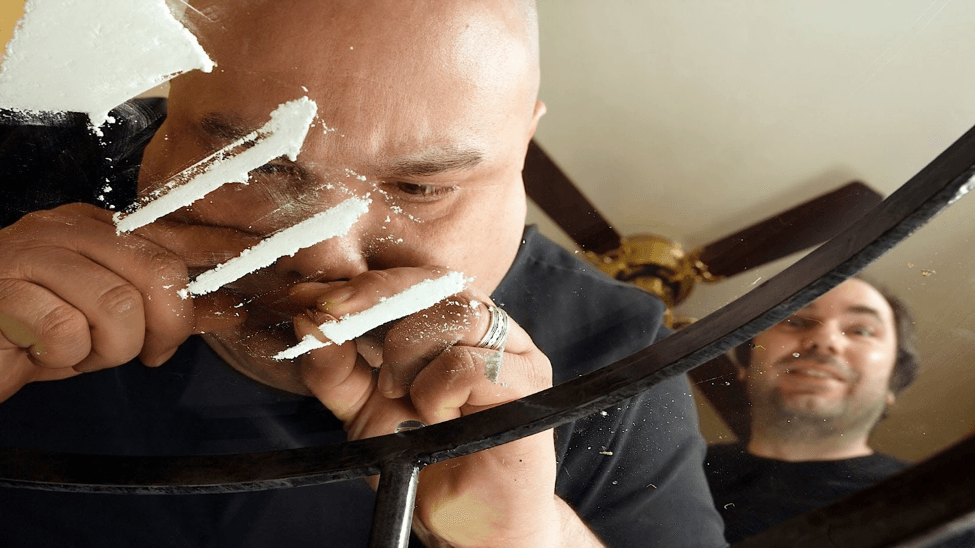 Drug Use: An item in the background investigation that really hurts many applicants is one I get questions about a lot, past drug use. First, let me say again each department may be a little different but most are along the same lines. Hard Drugs used even in the last 20 years is a disqualification most of the time, heroin, speed, LSD, addiction to prescription drugs are a few automatics for most police departments. Most agencies will not touch you if you were dealing drugs at all (that is a felony in case you did not realize it).
Drug Use: An item in the background investigation that really hurts many applicants is one I get questions about a lot, past drug use. First, let me say again each department may be a little different but most are along the same lines. Hard Drugs used even in the last 20 years is a disqualification most of the time, heroin, speed, LSD, addiction to prescription drugs are a few automatics for most police departments. Most agencies will not touch you if you were dealing drugs at all (that is a felony in case you did not realize it).
I actually had a kid ask me if he was disqualified if he had dealt pot back when he was a teenager (7 years ago), he just admitted to a felony, so of course you can guess the answer. Most agencies will not process you if you used drugs within the last 3 years. If you are five or more years out, it depends on what it was and how often. Daily as well as weekly usage is a sign of an addictive personality and the applicant may not be suitable for employment.

[in_content_ad]
Employment History: Having 20 jobs in a 5 year period is not good. You should show some kind of ability to hold a job. Being fired for failing to show up to work, calling in sick all the time, and having an ex-employer tell us that you were the “worst” employee they ever had does not look too good. Agencies depend on you to show up to work on time and ready to work. So do your coworkers.

[in_content_ad]
Social Media: Something new and of big concern now is if you have a “Social Networking Site” of your own. These are the sites where you post your entire lives and everything else about yourself that you should not be posting online. If you have a Twitter or Facebook page, make sure it is something you would want your prospective employer to see. They are hiring people to look over them and report on anything of potential conflict of interest. In addition, do a web search for yourself and any user names that you use or have used in the past and see what you find. They are checking things like that. Remember, never write or put anything online that you would not want your current or future boss to see as he/she just might have seen it already!

[in_content_ad]
Interview: Next the Police Oral Board! Police oral boards are one of the most nerve-racking things you will do. Most people are very nervous when they walk in the door of the room and see the police oral board panel sitting there. You are before a live audience and it is time to perform at your best!
What is an oral police board? It is a live panel made up of 3-5 people, that ask applicants a series of questions. You usually are seated in a room across a table from these people, they ask you questions in turn and then listen to, take notes on, and score your answers to the questions. They further compare these answers with the required passing score and against other applicants. In some agencies, you can be removed from the application process for not passing the police oral board.
[in_content_ad_bannersnack]
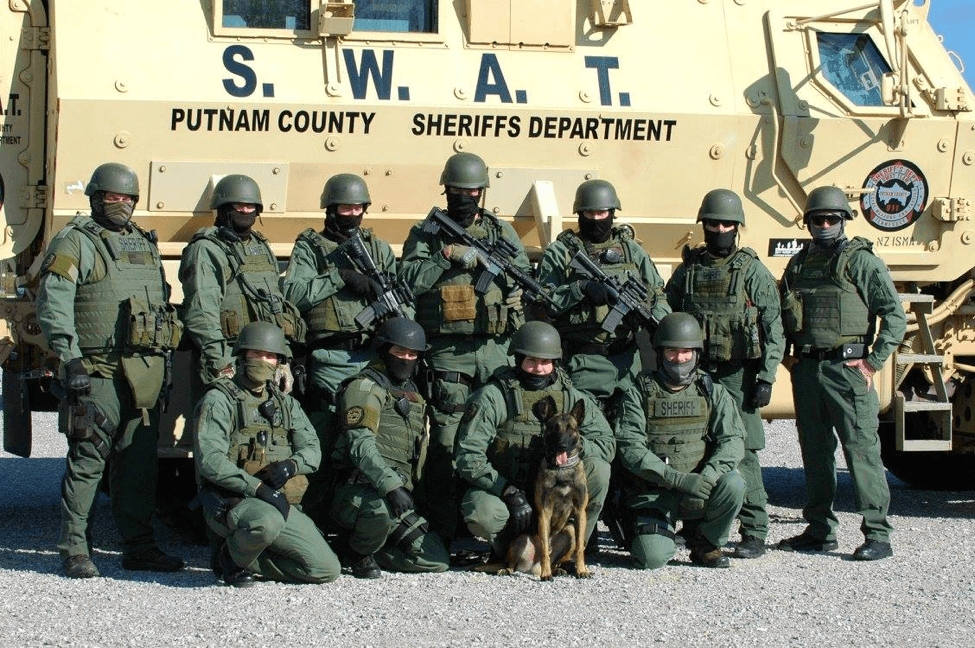
[in_content_ad]
Options: Many people are under the impression that being a SWAT team member is a full time position. In 99% of departments, it is not, it is what we call a secondary position. That means that you are a patrol police officer or detective or whatever position you are serving in and a SWAT member second. You carry all the SWAT gear in your assigned vehicle or it is carried in the SWAT response vehicle, and when you are needed for a SWAT call out, they notify you and you respond to the location and become a SWAT team member.
For most secondary positions you have to serve a number of years on the department before you can put in to be a member of one of these, but sometimes, if you have special talents (military sniper, EOD training, Dive Master…etc…) you can get a waiver based on departmental need. Don’t count on getting on any special team before you’re off probation though (usually your first 6 months to 1 year).
Here is a list of just some of the additional units available in the police department:
Aviation Unit
Bicycle Patrol
Bomb Squad
Canine Unit
Child Protective Investigations Section
Contractor Licensing and Fraud Unit
Crime Scene and Crime Lab
Crime Stoppers Unit
DUI Unit
Economic Crime Unit
Evidence Unit
Marine Unit and Dive Team
Mass Transit Unit
Motorcycle Unit
Mounted Patrol
Regional Investigations Division
School Resource Deputy Unit
SWAT Team
Victim Services Unit
That’s not all of them. Inquire with the agency you wish to join for further information.
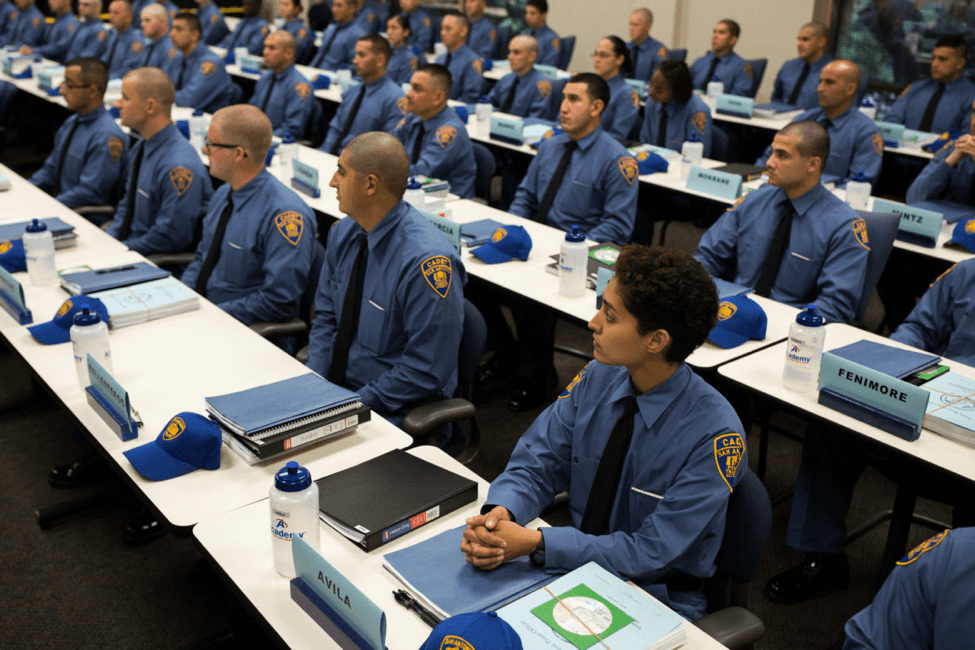
[in_content_ad]
Police Academy: You need to be prepared for the type of academy you are thinking of going too. Not all academies are created equal. Some are very different from others. There are those that are very militaristic, like most state police academies. Some you live on the academy grounds while you attend, some you do not. Some you go full time 8 hours a day, some you go in the evenings.Therefore, it really varies from place to place, state to state. However, I will try to speak on those things that the majority of academies have in common.
First off, think of the academy as one big job interview. Your instructors are usually police professionals and current or past officers. They have ties to the agencies they are part of and will remember you if you do something that merits remembering! In addition, you may have police officials walking around your academy at times, and when they see you standing the hallway, screwing off and talking about something you should not, they will notice you and remember your face and name.
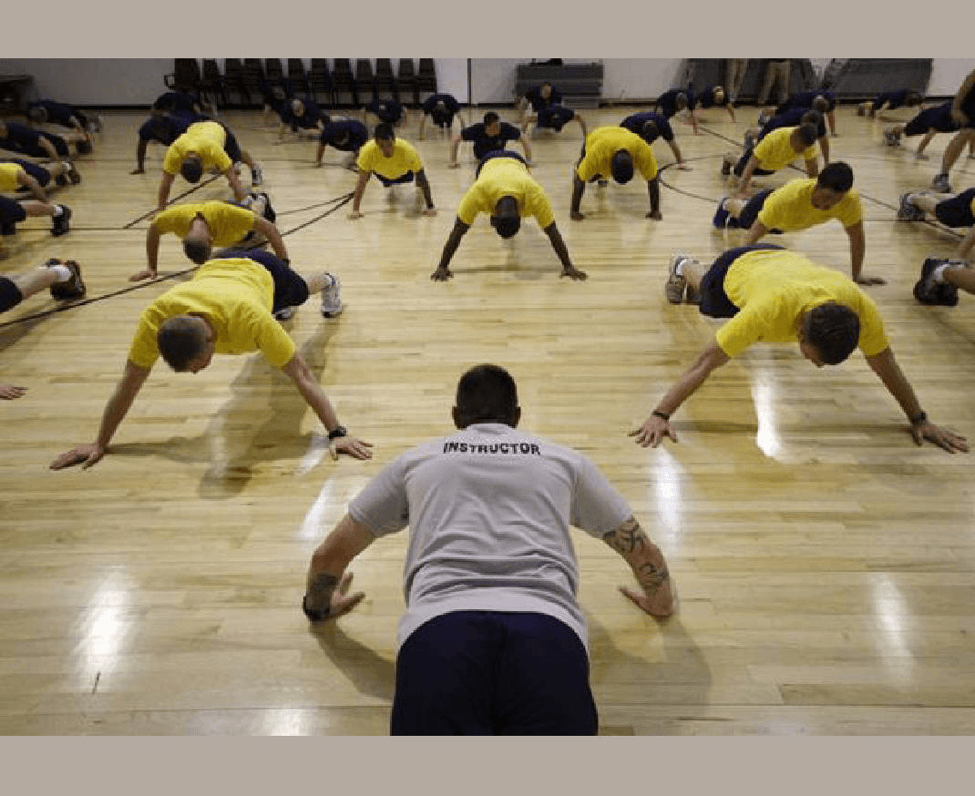
[in_content_ad]
Physical Fitness: OK you may be surprised to know (or maybe not after seeing some of my fellow police officers on the streets) that there is no nationwide physical fitness requirement. Many departments have their own physical requirements. Some police academies require very tough physical standards. Think about the reality of it. You have to be physically fit to do this job, and the more fit you are the more likely you are to survive a physical altercation.
Being physically fit will save your life and maybe that of your fellow police officers and the citizens you serve. Imagine chasing a bad guy on foot for a few hundred yards and once you catch them you’re too tired to fight? You may end up dead. Being physically fit is almost a requirement for self-survival. Your best bet is to get in shape BEFORE the academy so it is not an issue.
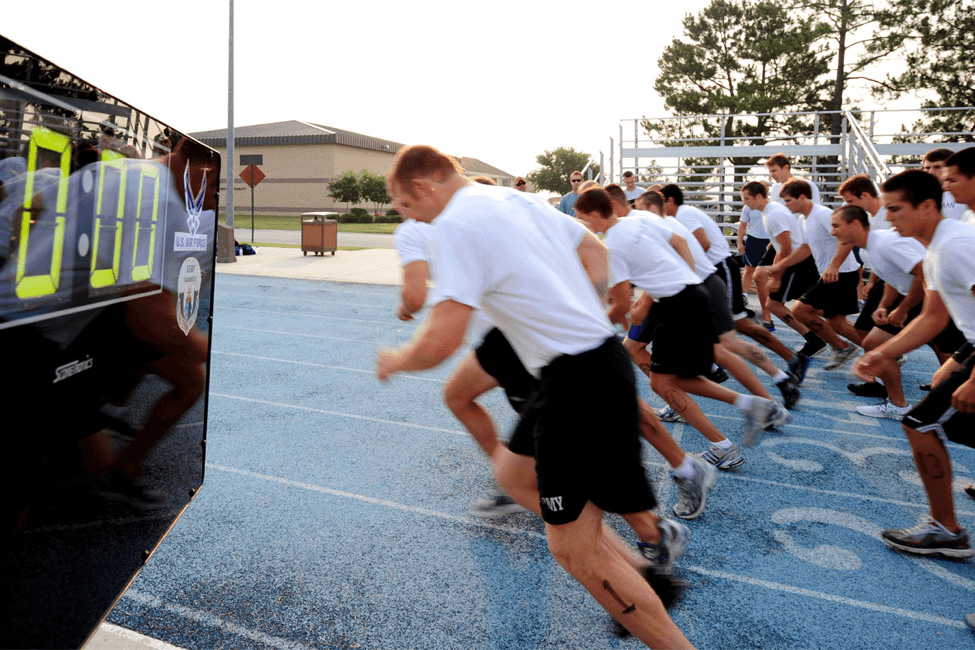
[in_content_ad]
The State of Florida, for example, does have a physical requirement once you are in the academy. The Physical Fitness course is 60 mandatory hours of your academy time. How that time is spent is again up to each academy and the programs vary widely. We follow a CrossFit style PT program.
The State of Florida requires that recruits be tested twice while in the Police and Corrections academy. Once in the first two weeks, and once in the last two weeks of the academy (or at the end of 60 hours of PT training. The test consists of the following:
1.5 mile run
300-yard sprint
Maximum without stopping push-ups
Sit-ups in 1 minute
Vertical leap
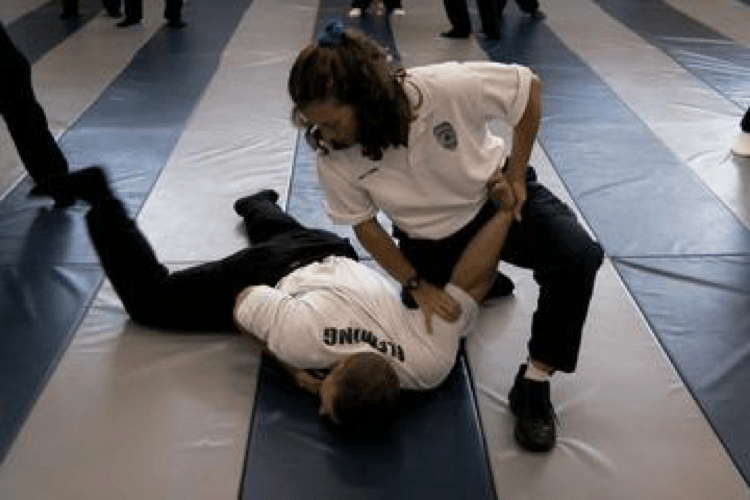
[in_content_ad]
Also you have to study. Set time aside to study the material you covered that day. For some people it is not new, for others it is, either way you should go over it. The exams you are going to take are very important. In some states, like Florida, if you score under the cut off score, which the State has set at 80%, you fail the exam and then fail the academy. You may take upwards of 14 written exams and 4 practical exams (Firearms, Defensive Tactics, Driving, and First Aid).
Therefore, if you go through all the trouble, time, and money to get into the academy, do not blow it because you did not take the time to study because you wanted to go out with your friends drinking the night before the exam. In addition, if you are not at a live on academy, do not get in trouble while in the academy. Stay away from drinking in excess (or at all), no drugs, no criminal activity, and don’t get arrested. So do your very best and behave yourself. You want to be a police officer, not arrested or ticketed by one!
In addition, as soon as you leave (if not while you are stopped) if the officer sees you are in the academy, they will call them. I get calls from officers when they stop one of my recruits. It’s not fun the day after that, trust me.
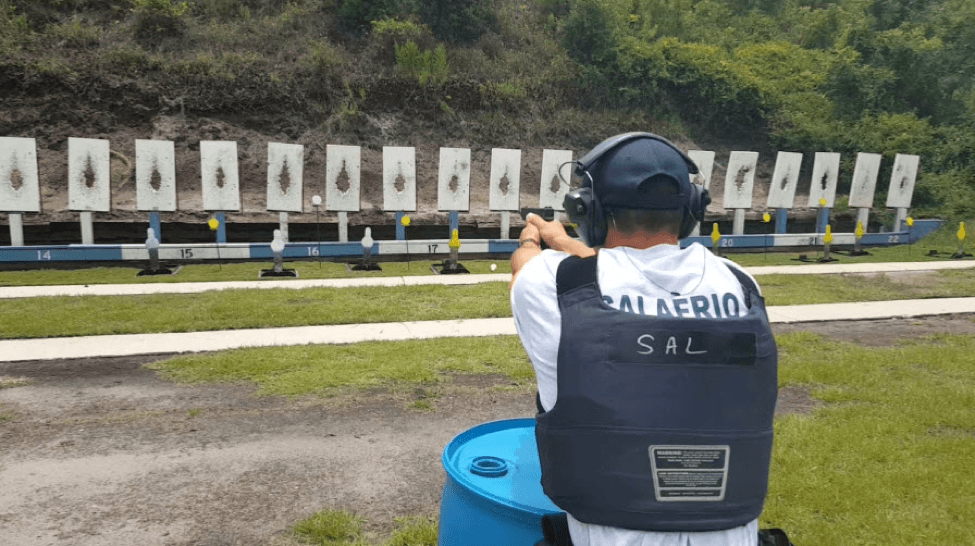
[in_content_ad]
Firearms Training: What makes a good police recruit? Let us discuss a few things that may make people think twice about becoming a police officer. OK lets start here…YOU DO NOT NEED TO KNOW HOW TO SHOOT TO GO TO THE ACADEMY! We get all ranges of firearms experience in the academy. You do not have to have ever fired a firearm before to go to the academy. That is the truth!
In fact, as a firearms instructor myself, and teaching other firearms instructors, and recruits for the last 20 years or so, I find overall those without any firearms experience are the ones that do the best over the course of firearms training. Why you may ask? Because they have no bad habits to break. Police Officer firearms training is very different than target shooting, or competition shooting, or shooting at bowling pins (although we may do that for fun). We teach the “judicial use of deadly force”.
Shooting in the academy starts out at the basics of how to shoot, to the more advanced survival shooting (one hand in case your other is injured, reloading with one hand because your shot in the other, shooting from behind cover, and more). Academy firearms training is a very good basic course in firearms. You have to understand that we use our firearms to stop some kind of threat to others or ourselves. Moreover, in order to stop that threat there are times we must use the firearm to shoot at another human.
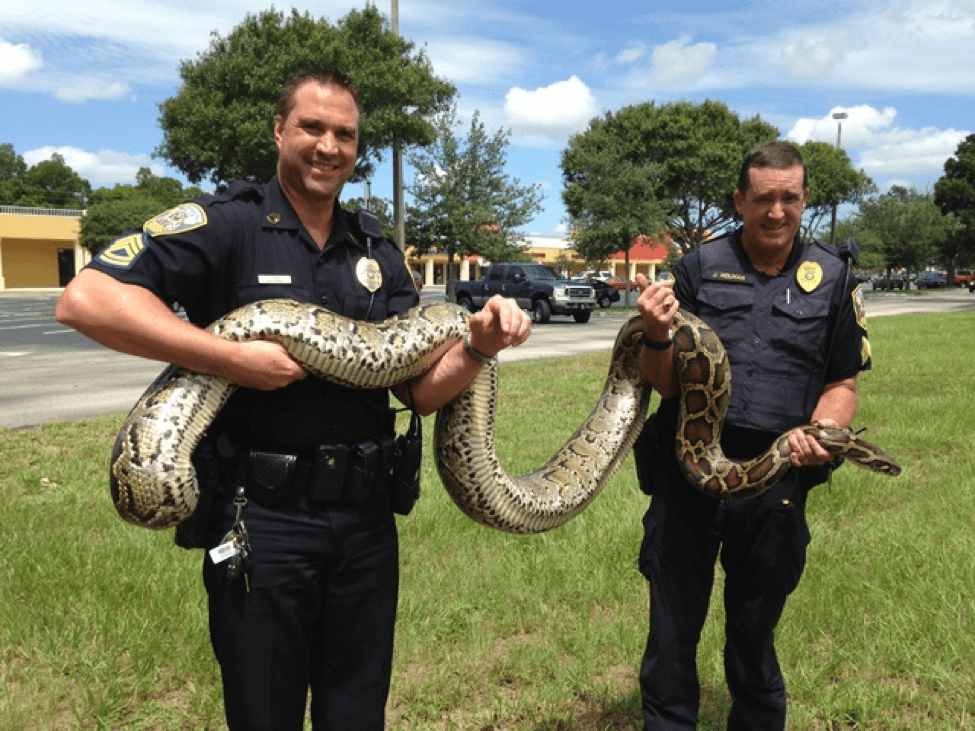
[in_content_ad]
Fear! Get over it! Use it to your advantage, turn fear into energy directed at the situation! You will have to overcome the many fears you may have, whether you are afraid of dogs, cats, snakes, animals of any kind, (not respect for their abilities, but a fear that causes you to want to run away). You will probably at one time or another be chased or possibly attacked by a dog of some kind. You may have to catch a snake. You may have to climb something to a high place, you may have to work near a fire, and you may have to dive into a body of water. Learn to swim. Some people are afraid to touch other people. Not police officers. You have to. You will have to be able to stomach smells that would make 99% of the public vomit. You cannot be afraid of dead bodies or blood. You will see plenty of both at accident scenes and crime scenes, but you have to continue to do your job!
Therefore, if you have an unreasonable fear of any of these things, get over them and get them under control. You must be able to function under any of these situations and continue to do your job. When the smell is coming from inside the 110-degree trailer in the middle of the summer and Mr. Jones hasn’t been seen for a week, you have to go in and check on him, you must, you cannot say no, you will go in and check on him. It is your job!
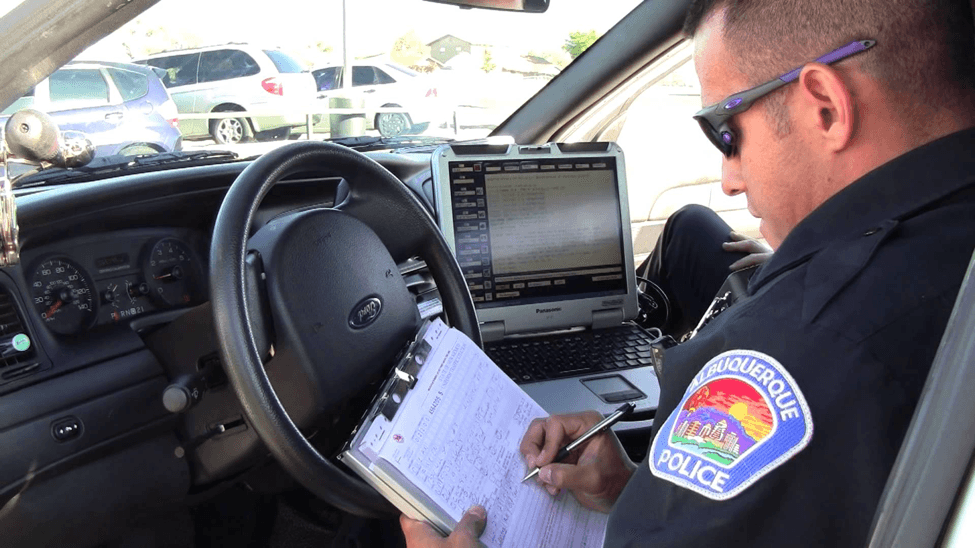
[in_content_ad]
Recruits may take and pass end of block exams for each block of instruction in the academy with a minimum score of 80%. Yes, you read that correctly, 80% is the minimum score. If you get a 79% on any exam, you fail that block. That means that you have to pass with a “B” average while you are in the academy.
It is not as bad as it sounds. If you put your mind to it, and take time out to study the material each day, and listen to the instructors, use the resources available to you then you will do just fine. However, it is not a walk in the park either. You should be able to at least read and write basic english and detail on paper your recollection of specific events. It’s called report writing.
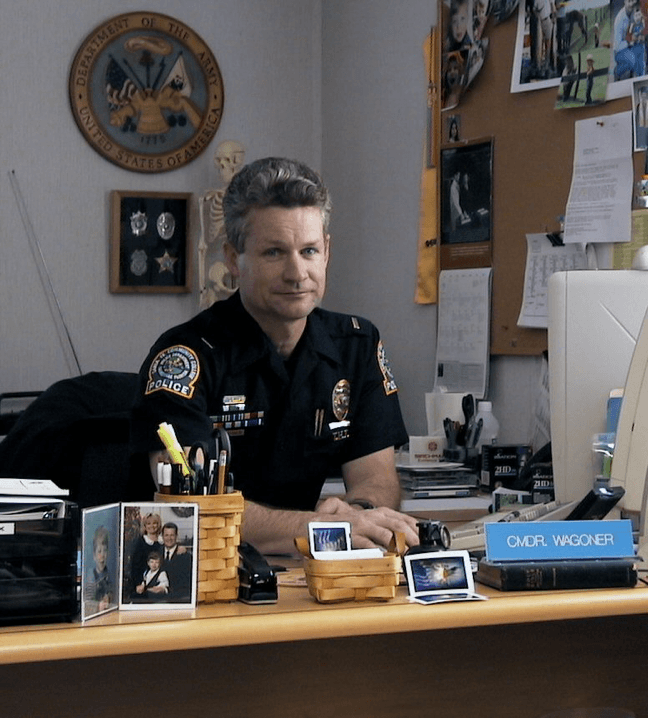
[in_content_ad]
I would not be fair if I did not finish this list with some of the downsides of police work to consider before you get into it. You will work nights, holidays, and your kid’s birthdays. You will work in all kinds of bad weather, and in my case several hurricanes. You will have to deal with some of the worst people intent on hurting or even killing you. You will have to see, smell and touch things that most people would never imagine, I worked traffic homicide for 7 years, and bodies do not bother me anymore. You will see things that make you wonder about where our society is going and what can we do about it.
Then you will also see some of the best in people. Strangers will stop and help others. You will get to help people in need and who look to you to save them. This wonderful job is anything but routine. So if you are thinking of getting into it think long and hard as its a lifelong career but one that is very fulfilling for those that get the opportunity.
















